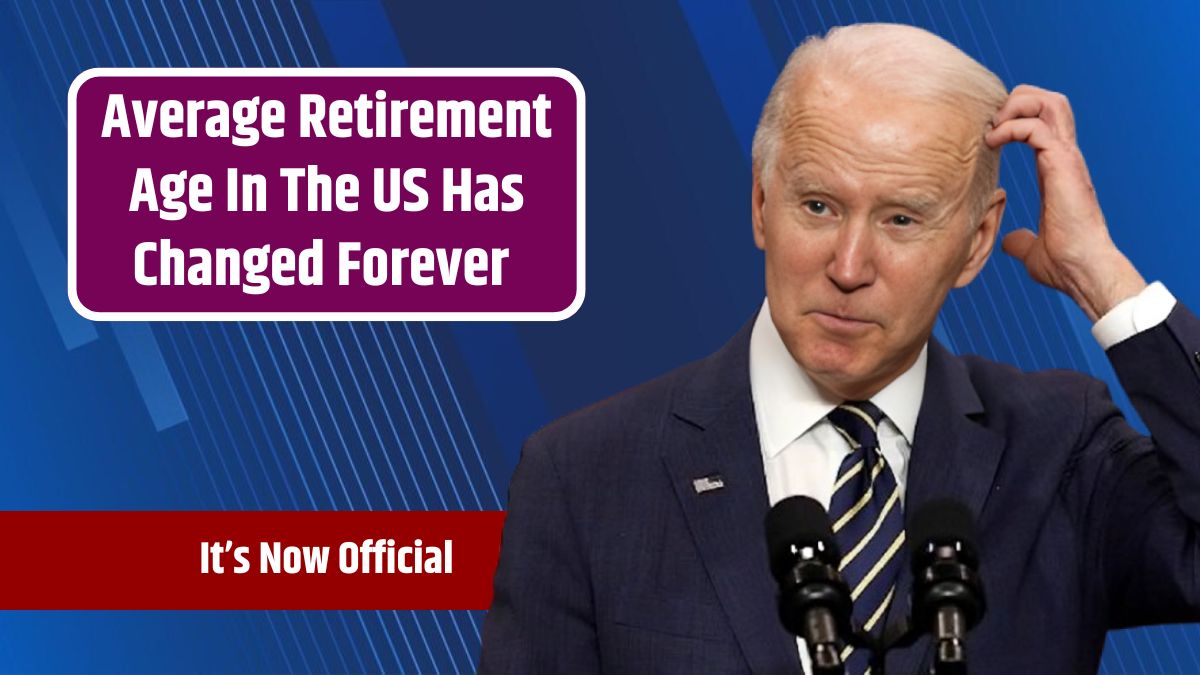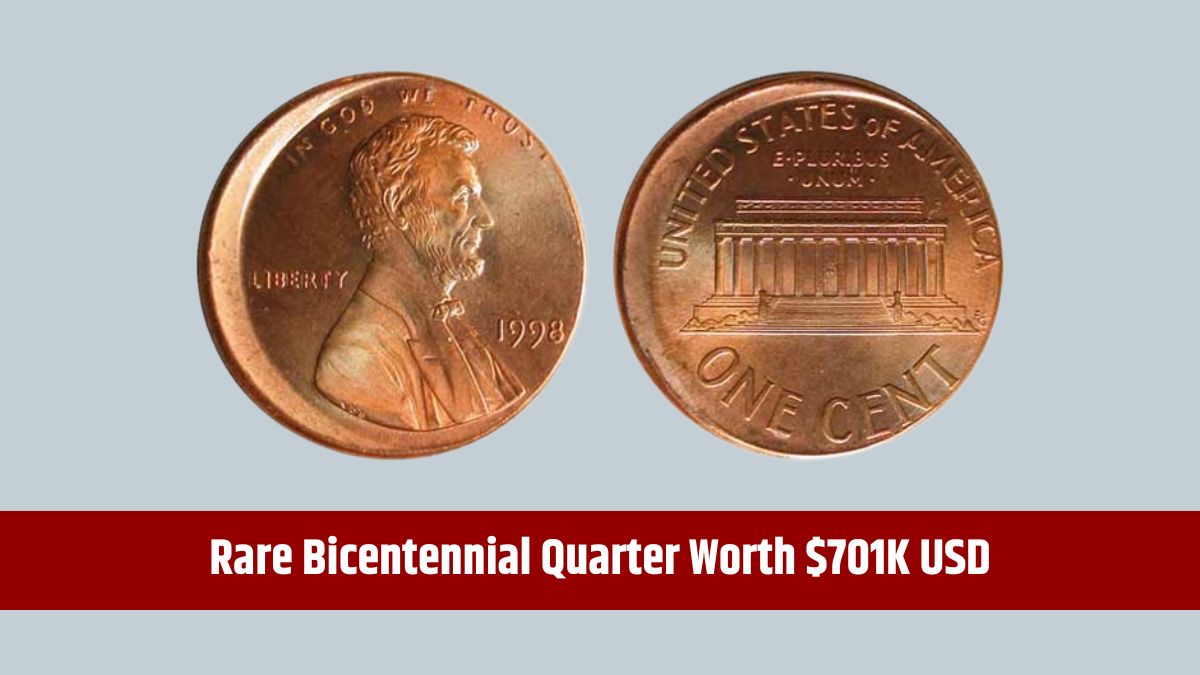Supplemental Security Income (SSI) recipients may have noticed a pause in payments until October, raising concerns for those who rely on this support to cover essential expenses. The Social Security Administration (SSA) has confirmed this adjustment, but it’s important to know that it’s not a reduction in benefits, just a temporary change in the payment schedule. Knowing the reasons behind this pause and how to navigate your finances during these months can help you stay prepared.
Here’s what this change means for SSI recipients and how to plan for the gap until payments resume in October.
SSI
SSI is a federal financial assistance program that provides monthly payments to individuals with limited income and resources who are elderly, blind, or have a qualifying disability. Managed by the Social Security Administration, this program is distinct from other Social Security benefits, such as retirement or disability insurance, as it is funded through the U.S. Treasury rather than Social Security contributions.
SSI is a critical lifeline for millions of Americans, helping them afford basic necessities like food, housing, and medical care. Because of its purpose, any interruptions in payments can create anxiety for recipients who rely on these funds to make ends meet.
Payment Pause
The SSA’s payment schedule for SSI is typically consistent, with beneficiaries receiving their payments on the first of each month. However, if the first day of the month falls on a weekend or federal holiday, the payment is moved to the last business day of the previous month. This shift ensures that recipients have their funds available before the official start of the new month.
Payment Dates
For 2024, there are several instances where payments were moved up due to holidays or weekends. This adjustment results in a perceived “pause” in payments during certain months, as the funds are technically issued earlier:
| Month | Scheduled Payment Date | Adjusted Payment Date |
|---|---|---|
| September | September 1 | August 29, 2024 |
| October | October 1 | No change |
| November | November 1 | October 31, 2024 |
| December | December 1 | No change |
What Does This Mean?
- No Direct Payment in September: Beneficiaries received their September payment early, on August 29, to avoid a delay since September 1st fell on a weekend.
- No Direct Payment in November: Similarly, the November payment will be disbursed on October 31, because November 1st is a weekend.
This change does not mean that benefits are reduced or skipped. It simply means that for September and November, payments were issued earlier than usual, creating a gap until the next regular disbursement date.
How to Prepare
If you’re affected by the SSI payment adjustment, planning is essential to manage your finances during these months without a standard payment. Here are some strategies to help:
1. Monthly Budget
Since the September and November payments were disbursed earlier, it’s crucial to adjust your budget to account for these changes. Treat the early payments as income for the intended month rather than using it all at once. This strategy helps ensure you have enough funds to cover your expenses until the next disbursement date.
2. Setting Up Automatic Transfers
If you have a bank account, consider setting up automatic transfers to move part of your early payments into a savings account. This approach can help prevent spending the entire amount too quickly and ensures you have funds available for rent, utilities, and groceries throughout the month.
3. Community Resources
If the adjustment creates a significant financial strain, look into community resources such as food banks, housing assistance, or nonprofit organizations that provide support during difficult times. These programs can help bridge the gap until regular payments resume.
4. SSA for Clarification
If you’re unsure about your payment dates or have questions regarding the adjustment, don’t hesitate to reach out to the SSA. They can confirm your disbursement schedule and address any concerns you may have.
Change
The SSA establishes an annual payment schedule for all its programs, including SSI, SSDI, and Social Security retirement benefits. Changes to this schedule are primarily influenced by weekends and federal holidays. Here’s why these adjustments happen:
- Avoiding Weekend Delays: When the first of the month falls on a Saturday or Sunday, the SSA shifts the payment date to the last business day of the previous month to ensure beneficiaries have access to their funds without delay.
- Avoiding Holiday Overlaps: Federal holidays can also cause payments to be moved up. This year, for example, the SSA moved the September payment to August 29th because September 1st was a Sunday, and November’s payment will be on October 31st due to a similar scheduling conflict.
These adjustments are standard practice and are made to ensure recipients receive their payments without interruption.
Final Thoughts
While the temporary pause in SSI payments may cause concern, understanding the reason behind these changes can help you plan ahead and avoid financial difficulties. By adjusting your budget, saving part of your early payments, and utilizing community resources if necessary, you can better navigate the months when payments seem to be “skipped.”
For the rest of 2024, keep in mind that the SSA will issue regular payments for October and December on the 1st of the month, and the early November payment will be disbursed on October 31st. With these dates in mind, you can effectively plan your expenses and ensure financial stability until the payment schedule returns to normal.
FAQs
Why is there no SSI payment in September?
The September SSI payment was issued early on August 29, 2024, due to the first falling on a weekend.
When is the next SSI payment?
The next SSI payment is scheduled for October 1, 2024.
Why are SSI payments issued early sometimes?
SSI payments are moved up if the 1st of the month falls on a weekend or federal holiday.
How can I budget for the gap in payments?
Consider saving part of your early payments and adjusting your monthly budget to account for the longer wait between checks.
Can I receive both SSI and SSDI at the same time?
Yes, you can qualify for both SSI and SSDI if your SSDI benefits are below the SSI income limit.






